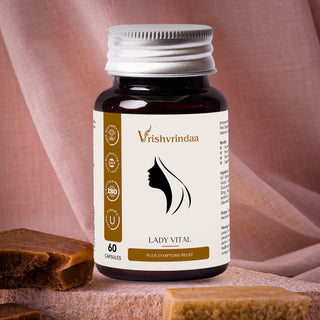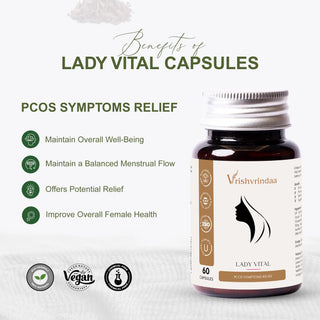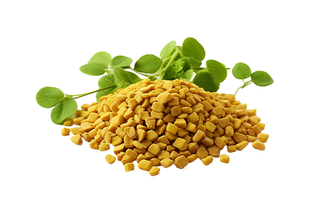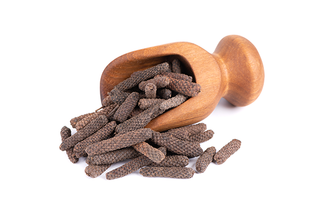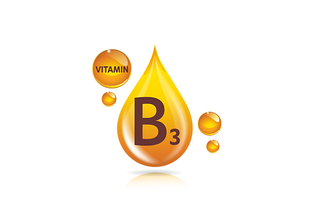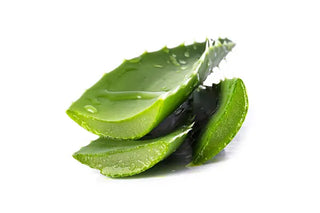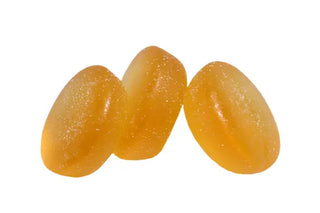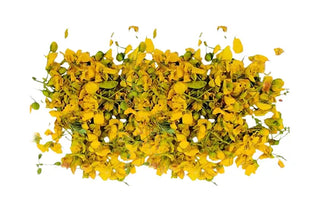
Ingredients
Avartaki
"Avatari" refers to a divine being or deity who descends to Earth in human form, often in Hinduism, to restore balance and guide humanity.
Avartaki, commonly known as Senna auriculata or Tanner’s Cassia, is a medicinal herb widely used in Ayurvedic medicine. Known for its beautiful yellow flowers, Avartaki is valued for its powerful healing properties and is especially beneficial for skin health, diabetes management, and balancing doshas, particularly Pitta and Kapha.
Benefits of Avartaki
- Supports Skin Health
Avartaki is used in Ayurveda to treat various skin conditions like acne, eczema, and rashes. Its antibacterial and anti-inflammatory properties help reduce skin irritation and improve complexion. - Diabetes Management
Avartaki is known for its hypoglycemic properties, which help regulate blood sugar levels, making it beneficial for people with diabetes. It’s often used in Ayurvedic formulations to support glucose metabolism. - Aids in Detoxification
Avartaki has natural purgative properties that support detoxification and help cleanse the liver and intestines, promoting better digestion and overall health. - Balances Pitta and Kapha Doshas
This herb has cooling properties, which make it effective in balancing Pitta dosha. It also helps reduce excess Kapha, benefiting respiratory and metabolic health. - Promotes Weight Loss
By enhancing metabolism and supporting digestion, Avartaki is thought to assist in managing healthy weight when used alongside a balanced diet. - Improves Eye Health
In Ayurveda, Avartaki is traditionally used for its potential benefits for eye health, helping to reduce eye irritation and improve vision when used in appropriate formulations.
Uses of Avartaki in Ayurveda
- Skin Applications
Avartaki powder or paste is applied topically for treating skin conditions. It is often combined with other herbs and oils in Ayurvedic skincare preparations to clear the skin and reduce inflammation. - Diabetes Remedies
Avartaki leaves or powders are used in traditional formulations for diabetes management. This includes herbal teas, powders, or capsules under Ayurvedic guidance. - Digestive Health
Due to its mild laxative effect, Avartaki is used to support bowel health and alleviate constipation. - Eye Wash
A decoction made from Avartaki flowers is sometimes used as an eye wash in Ayurvedic treatments to soothe and refresh the eyes.
How to Use Avartaki
- For Skin: Mix Avartaki powder with water or rose water and apply as a paste to the affected skin area. Rinse after 15-20 minutes.
- For Diabetes Management: Avartaki leaf powder can be consumed with warm water or added to Ayurvedic formulations, but consult an Ayurvedic practitioner for proper dosage.
- For Digestive Health: A mild Avartaki tea or decoction may help with digestion and detox, but it’s best used occasionally due to its purgative properties.
Storage of Avartaki
Store Avartaki powder or dried leaves in a cool, dry place, away from direct sunlight. Proper storage preserves its potency and ensures longer shelf life.
Precautions
- Dosage: Always consult an Ayurvedic practitioner for proper dosage, especially when using it for diabetes or as a laxative.
- Pregnancy and Lactation: Avoid use during pregnancy or lactation unless advised by a healthcare professional.


